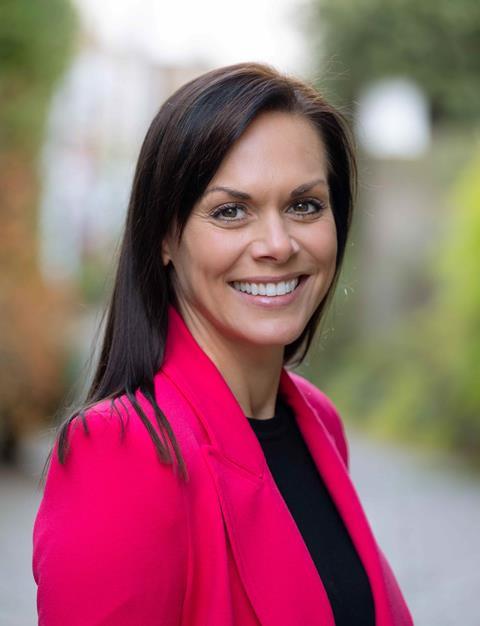As the freelancer crisis continues, the industry needs to create new ways to keep the door open for those who are struggling

We’re nearly three months into 2024. The hope was that the new year would bring new opportunities for the many unscripted producers who have been so badly hit by the freelancer crisis over the last 12 months – but the outlook is instead decidedly bleak.
With a few exceptions, broadcasters suffering budget cuts amongst the continuing advertising downturn continue to rely on repeat orders of existing brands rather than commissioning new ideas and taking a chance on new IP.
The ongoing industry slowdown is sadly forcing many freelancers to leave careers in television, with work outside the sector the only way to survive. Last year’s BECTU survey of almost 4,000 freelancers found three-quarters are out of work and 35% are struggling to pay household bills.
It’s devastating personally for those affected, but also for the creativity and future success of our industry as we lose some very talented and experienced people, not just freelancers with long careers under their belts, but newer entrants who have so much to offer.
In this environment, even those freelancers who are still able to work aren’t necessarily reaping the rewards of their talent. Traditionally unsolicited proposals aren’t accepted by indies and it’s hard enough for in-house development teams to win commissions, let alone freelancers trying to get their programme ideas in front of commissioners.
As a former freelancer, there have been many times in my career that I have found myself out of work, most recently during the Covid pandemic in 2020. I would sit at home still developing television ideas, contacting production companies to pitch my ideas, hoping that I’d find a way back in.
I was one of the lucky ones. One of my ideas was taken up by an indie and put into development for a streamer, and I’d found my route back in.
Since then, I’ve set up a new indie – Love Monday, part of the 53 Degrees Global group which also includes Spun Gold TV and Penny Lane Entertainment – and I am getting more and more people contacting me for work every week. It’s heartbreaking to look through so many exceptional CVs from incredibly creative, successful people looking for a way back into the industry.
I want to give the opportunities I had to other talented freelancers who are out of work, to draw on their experience and creativity, get their ideas into development and hopefully production. And I want to create a different model where freelancers are properly benefiting from their ideas – not just by getting paid work if a project is commissioned, but also sharing in any financial success through retaining a share of the IP they’ve created.
I’m opening up my inbox to any freelancers to send in their original ideas and formats across the factual entertainment, reality and documentary space, and working collaboratively on getting them in front of broadcasters, with Love Monday and 53 Degrees Global’s backing and infrastructure. In return, Love Monday will offer freelancers up to 50% of the production fee, a share of the back-end of any sales and the opportunity to work directly on the project if commissioned.
I hope by creating this transparent process and new way of doing business, we’ll be able to develop together some brilliant new shows that broadcasters won’t be able to turn down, help some very talented people back into the industry and provide some more financial reward and stability for the freelancers who are the backbone of British television’s creativity and success.
- Kerene Barefield, creative director, Love Monday TV





























No comments yet